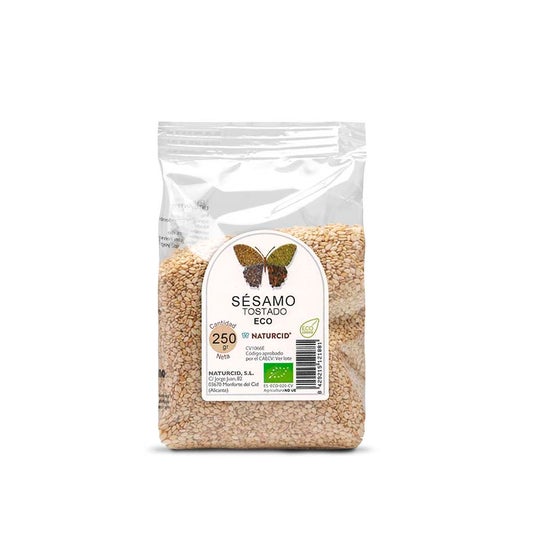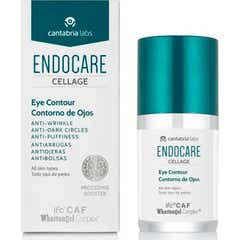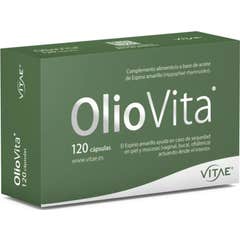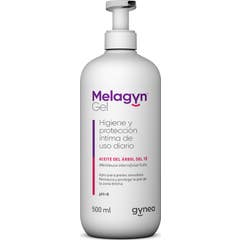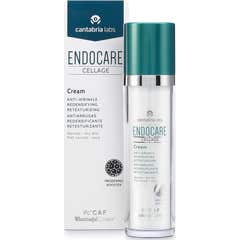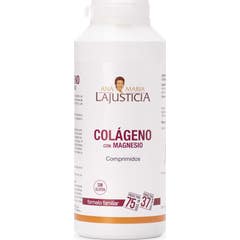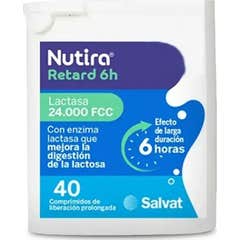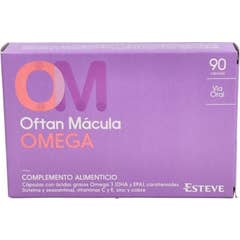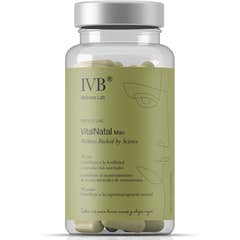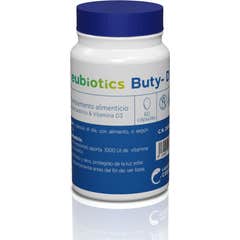Pumpkin seeds are a rich source of minerals such as zinc, iron, magnesium and phosphorus, vitamins and folic acid. They help maintain muscle mass, strengthen the immune system and protect cells against oxidative stress thanks to their antioxidant properties.
Naturcid Pumpkin Seeds Eco 250g
It offers multiple benefits for the organism
250 g
- BIO
Shipping in 24-72h
Description
Instructions for use
To be taken alone or mixed in salads, yogurts, creams, bakery and confectionery recipes.
Composition
100% peeled pumpkin seeds*.
*From organic farming.
Price per 100 G
Pharmaceutical Advice
Iron is a functional mineral that contributes to the body's growth and development. It is present in haemoglobin and myoglobin. These proteins transport oxygen from the lungs to the rest of the organism. Iron is also involved in the creation of hormones and connective tissue.
Our organism absorbs this mineral from foods such as seafood, lean meat, eggs, pulses and nuts. To facilitate its absorption, it is advisable to add acidic foods rich in vitamin C, such as orange or lemon juice, to the diet. A lack of iron in the diet can cause iron deficiency (anaemia). In the long term, it can lead to symptoms such as a constant lack of energy, fatigue, intestinal disorders and/or difficulty keeping body temperature under control. Lack of iron can be restored through a varied diet. If this is not enough, it can be mitigated through supervised supplementation. It is essential to follow the advice of a healthcare professional and always avoid taking an iron dietary supplement without checking if you are deficient in this mineral.
The body's iron requirements will change throughout the years. It is particularly important to regulate it during the years of menstruation, as well as in pregnant women and infants. Iron is also actively involved in development and growth and is therefore very important for newborn babies.
Safety and product information
Safety visual aids
At this time we do not have safety images for this product, but we are working on it. We encourage you to check back later for updates. In the meantime, we recommend that you read the safety information that comes with the product before using it. If you have any questions about safety, please do not hesitate to contact us. Also, if you wish, you can also return the product by following our terms and conditions.
Manufacturer details
At the moment we do not have the manufacturer's details, but we are working to add them as soon as possible. We invite you to check back later for updates. If you have any questions, please do not hesitate to contact us, we will be happy to help you.
RELATED SEARCHES ABOUT Food
New in Nutrition
- Sct Nutrition Hydra Durazno 20comp
- Propomax Nariz Garganta Bio Propóleos Verde Marrón Bio 40caps
- Sante Verte Actirub Dolor de Garganta Triple Acción 20comp
- Novanuit Noche Completa 1,9mg 20comp
- 3C Pharma Efirub Solución Bebible 10x10 ml
- Health4U Aceite Onagra Special Edition 60caps
- Granions Minceur & Beauté Proteínas Vegetales + Colágeno 275 g
- Pranarôm Aromaforce Ola de Frío 9x2 g
- Nat&Form Cromo 200µg 60 Perlas
- Marnys Pack Spray Propóleo + Propolsaft Plus 12 Sticks

